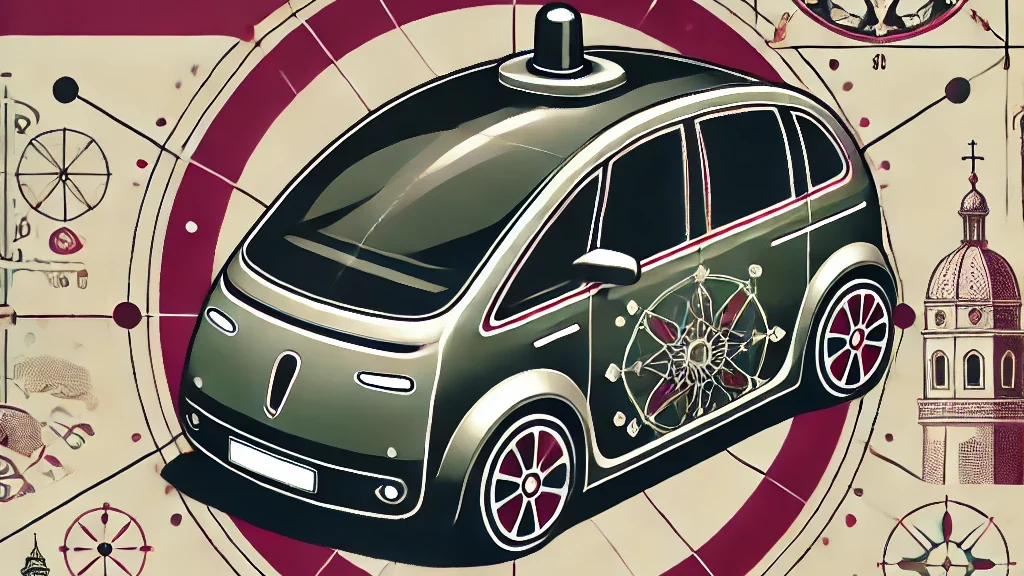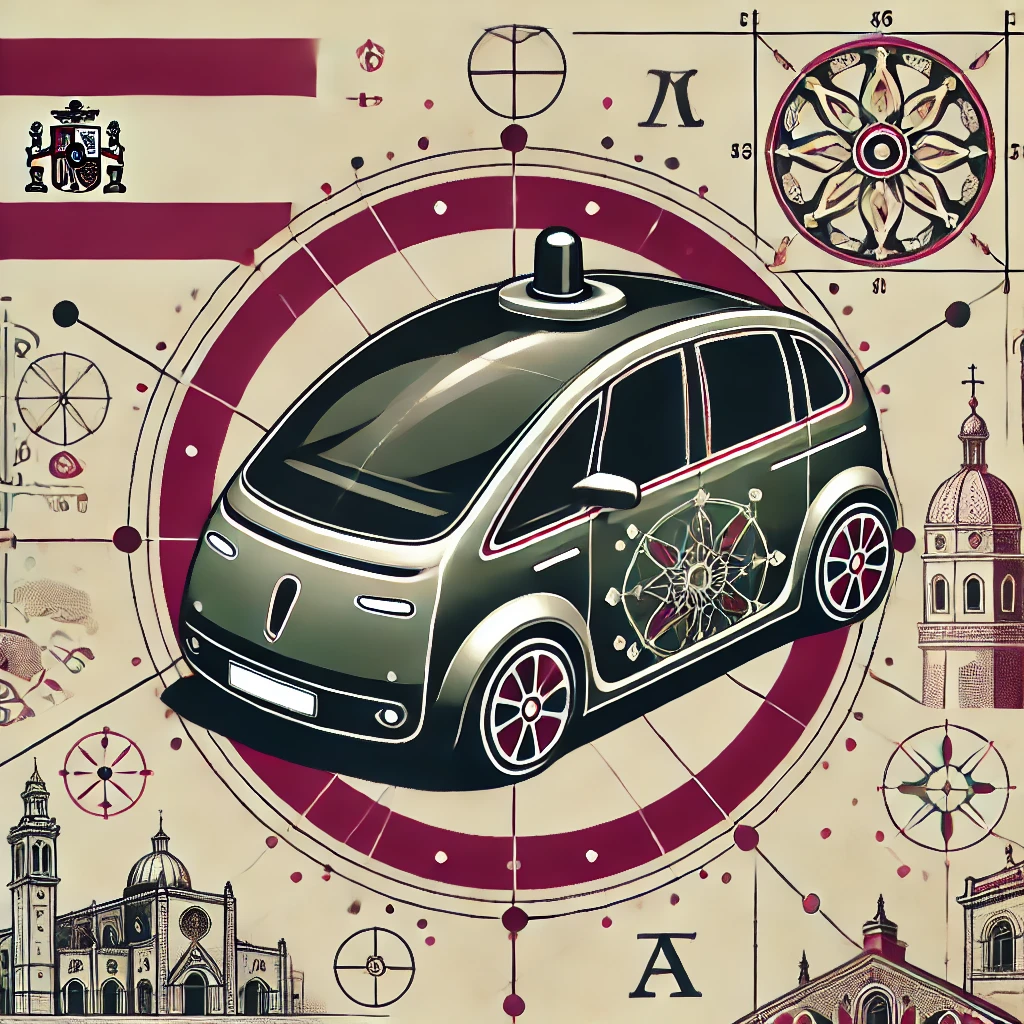Imagine a future where thousands of jobs we know today simply disappear. In Spain and Portugal, that reality could be just around the corner. Autonomous vehicles, which just a few years ago seemed like science fiction, are beginning to transform our cities and economies at a speed few anticipated. Between 300,000 and 500,000 Jobs Driving-related activities in the Iberian Peninsula could disappear or change drastically in the next five years. This is not a minor change; It is a transformation that will affect families, communities and the economy as a whole.
The scope of the change:
To understand the magnitude of this revolution, let's look at some data. In Spain:
- There's 290,000 truckers active, but the sector is already facing a shortage of 20,000 drivers.
- There are around 70,000 bus drivers .
- The 63,000 taxis and 14,000 VTC licenses represent a number even more drivers, since many licenses are shared.
In Portugal, although on a smaller scale, dependence on these jobs is equally high. Automation will not only affect taxi drivers and truck drivers, but also operators of heavy machinery, such as cranes and tractors.

This revolution has already begun: If you think that this transformation is something distant, think about what is already happening, for example with Waymo , in San Francisco, has gone from 12,600 paid trips in August 2023 to 143,600 in May 2024 . In Shenzhen, China more than million Travel in robotaxis have been carried out in the last year. These figures show that the autonomous vehicle revolution is not only underway, but is advancing rapidly.
The future of work: If only half of the driving jobs in the Iberian Peninsula disappear, 300,000 people They may need to retrain or look for new job opportunities. This is a huge challenge, but also an opportunity. Areas such as Software Engineering , Autonomous Fleet Maintenance and Cybersecurity they will be booming, creating new jobs and demanding new skills.
It's like that whether you like it or not
This future, whether you like it or not, is coming. Bans can be put in place, but if a country does it and its neighbor doesn't, that country will be at a competitive disadvantage. History shows us that when technology advances, it does so unstoppably: the combine harvester replaced hundreds of thousands of farm workers, and the gramophone wiped out many street musicians. These changes have happened over and over again so that, in general, we live better, and they are inevitable.
In Proportione , we believe that the key is in Humanizing technology and Anticipate these changes . From our vision of strategy, technology and people, our focus is to help companies and society adapt to this new reality, so that we can all benefit from the advances, leaving no one behind.
Change is here, and while it may seem overwhelming, it also brings with it a world of new possibilities.
